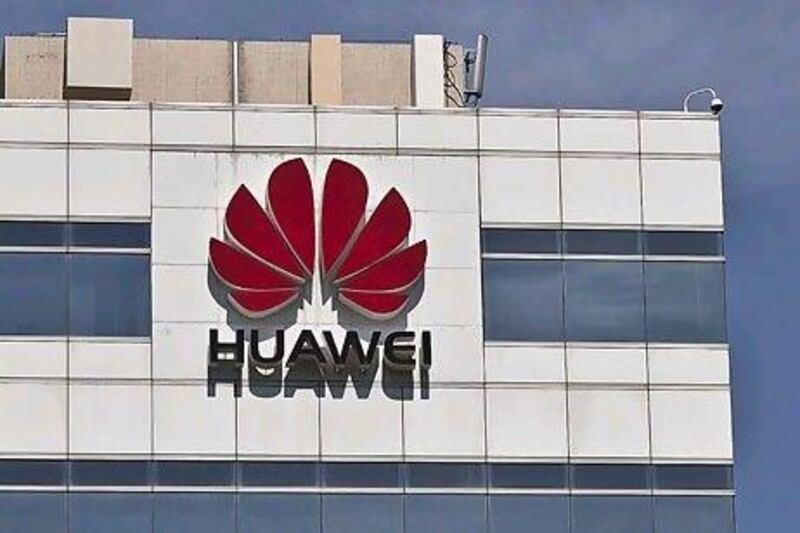SHARJAH // Hospitals are reporting a significant drop in the number of heat-exhaustion cases treated, which they attributed to better enforcement of the midday break.
At Kuwait Hospital, the only government hospital in Sharjah that treats such cases, the decrease was more than 80 per cent, from 728 cases in summer last year to 122 this year.
Dr Yousef Al Serkal, the hospital's director general, said increased awareness by the Ministry of Health and the Ministry of Labour's enforcement of the midday break had led to the fall.
"Kuwait Hospital had itself printed several brochures and interacted with over 600 workers in the emirate, warning them of the dangers of overexposure to midday sunlight," Dr Al Serkal said. "Even those affected by heatstroke and brought to the hospital were always briefed and asked to take the safety message to their other colleagues once they resumed work."
He said all of the heatstroke victims admitted by the hospital's emergency department were treated and discharged on the same day.
Although Rashid Hospital in Dubai had not done a thorough review of the summer, the number of patients brought in with heat-related illnesses decreased, said Dr Victor Butros, the specialist senior registrar in charge of the emergency department. The Government had made "a lot of difference" with the midday break, Dr Butros said.
Sheikh Khalifa Medical City in Abu Dhabi reported 58 cases between June and September 15 - the day the enforced breaks ended - compared with 73 in the same period last year.
In 2009, excluding September, it admitted 131 cases.
The figures at Mafraq Hospital in Abu Dhabi had also been very promising, said Dr Jihad Awad, the acting head of the emergency department.
"This summer, we have had a very, very minimal number of heat-exposure patients," Dr Awad said.
The hospital had received no more than one patient a day suffering from heat exposure, which he called a great improvement.
"We have had fewer patients because of the Government applying strict rules regarding rest times," Dr Awad said.
"The labourers also understand more about heat exposure and how to work with it. They know to drink enough water and [about] salt repletion. That means they will take salt at certain times so they will not lose a lot while sweating."
Pamphlets for workers, printed in languages including Urdu and Tagalog, had proved effective, he said.
Several workers and companies in Sharjah said they had been visited by inspectors at their sites to ensure it was shut down during break times.
"Our site was visited two times in the last three months," said Mohammed Rasul, an engineer with Al Nahda Engineering in Al Majjaz area. "Last year we had just one visit. This shows how inspectors were very serious this time."
A labourer in Al Majjaz said his company provided plenty of cold water at the work site, which also helped minimise heat risks.
Officials from the Ministry of Labour in Sharjah were not available for a comment. The ministry set strict penalties for those who violated the midday break rules.
Labourers were not allowed to work in the sun and companies were required to provide water and a shaded rest area from 12.30pm to 3pm from mid-June to mid-September.
First-time offenders are fined Dh10,000 and banned from issuing new labour permits for three months. The fine and ban double for a second offence.
If a company breaks the rule a third time, it will be fined Dh30,000 and banned from issuing new permits for a year.






